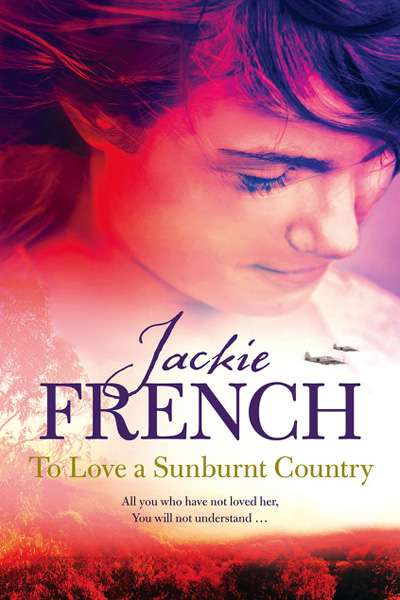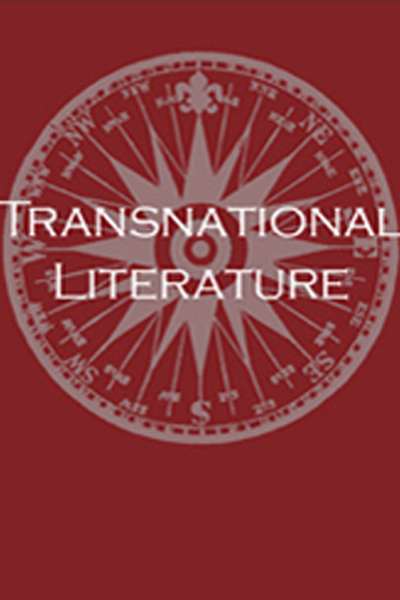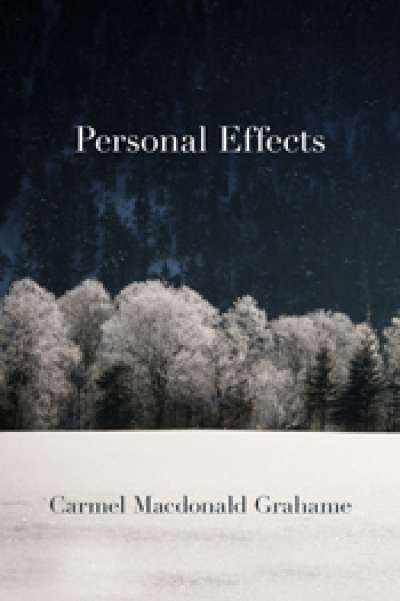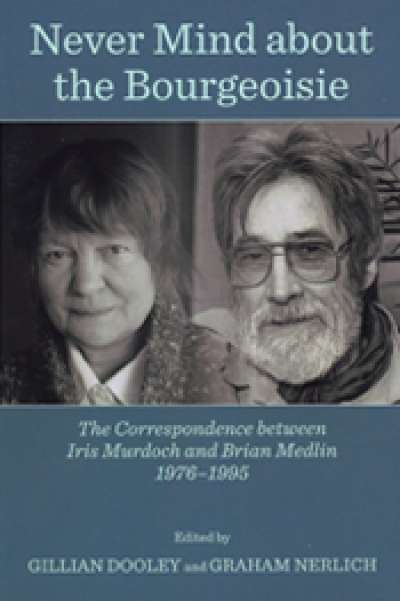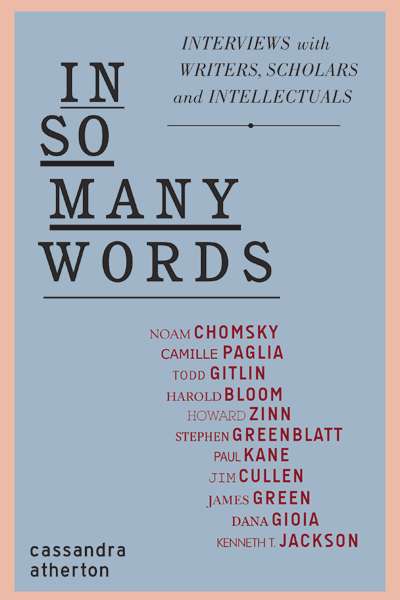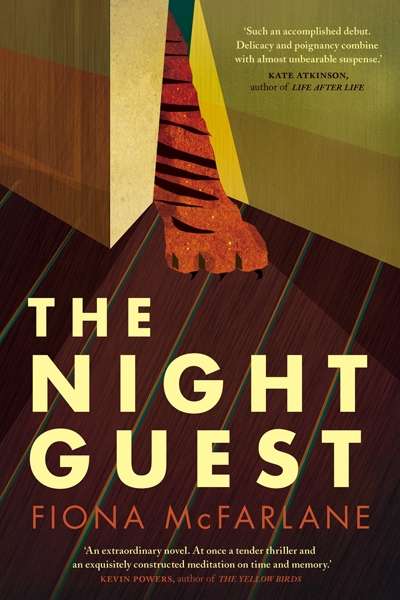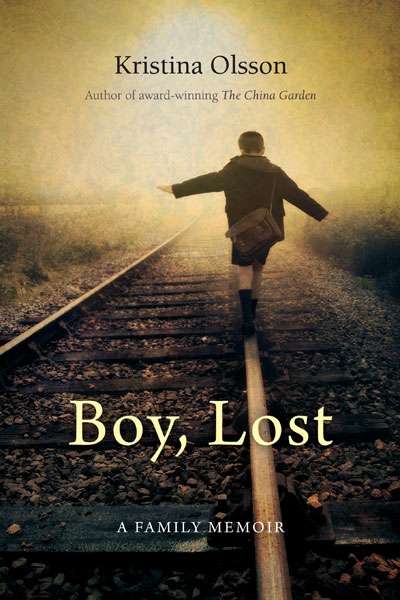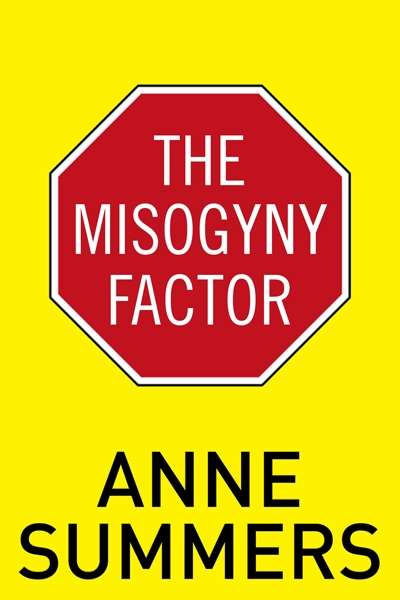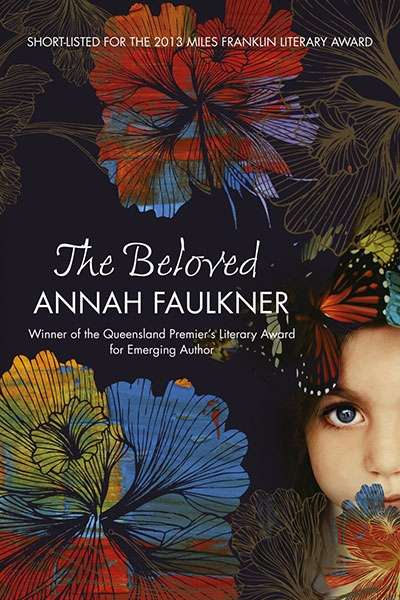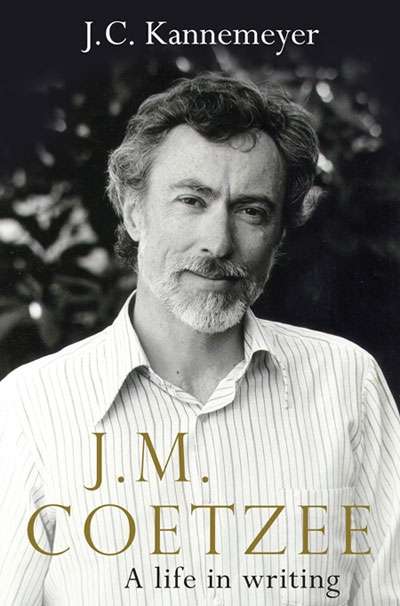Gillian Dooley
Transnational Literature: Vol. 6, No. 2 by Gillian Dooley
by Jay Daniel Thompson •
Never Mind about the Bourgeoisie: The correspondence between Iris Murdoch and Brian Medlin 1976–1995 edited by Gillian Dooley and Graham Nerlich
by Jane Sullivan •
In So Many Words: Interviews with Writers, Scholars and Intellectuals by Cassandra Atherton
by Gillian Dooley •
J.M. Coetzee: A Life in Writing by J.C. Kannemeyer, translated by Michiel Heyns
by Gillian Dooley •

